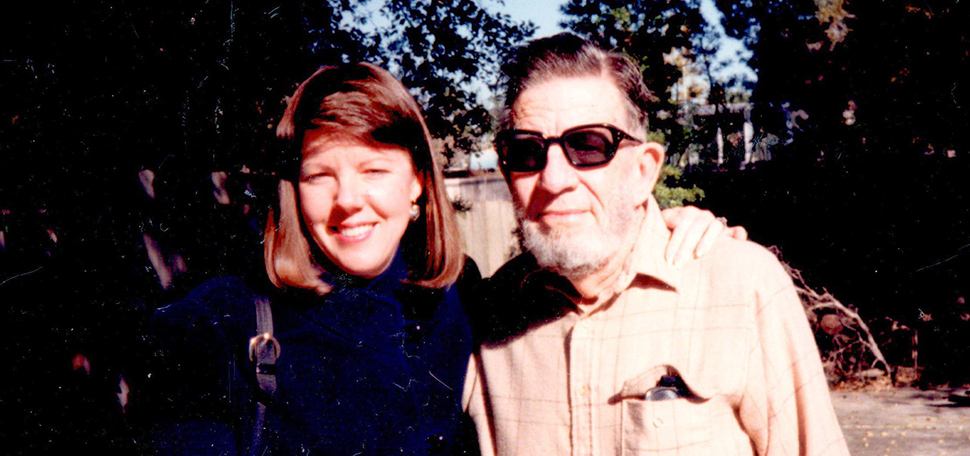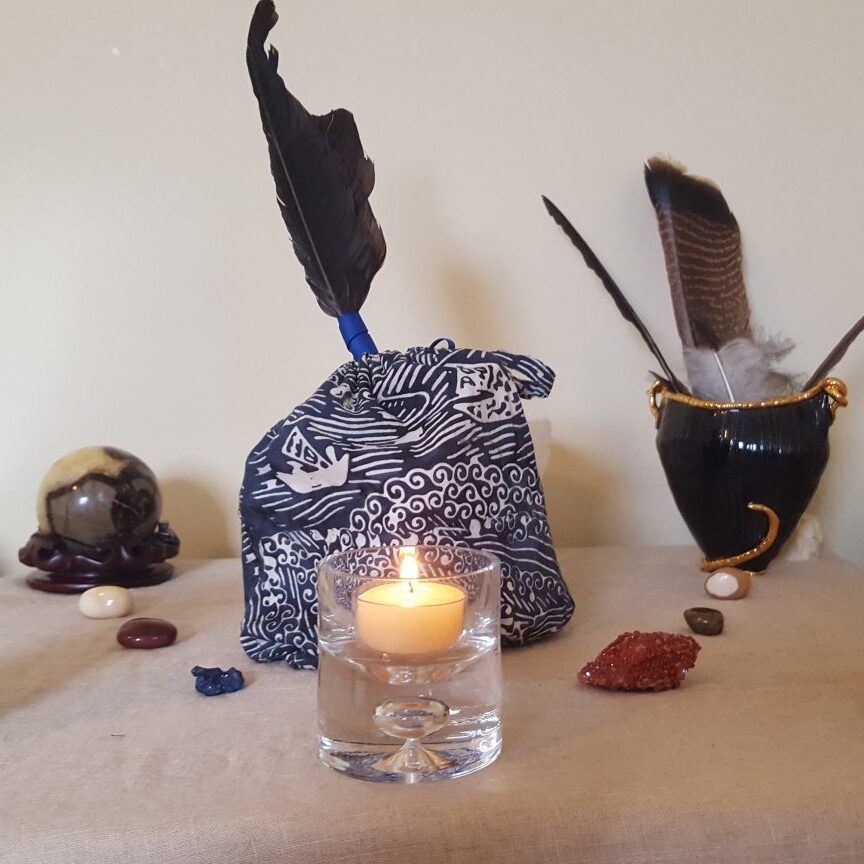Cindy Merrill is a retired Harris County prosecutor living in Bellaire, Texas.
On a bright Texas day in 1996 while I was visiting my parents, my 87-year old father told me, “Cindy, please get me a gun, I can’t go on like this.”
A “Daddy’s girl” through and through, I recoiled with a gasp. I couldn’t imagine him gone, especially not like that. He quickly said he didn’t mean it. But we both knew he was serious.
He had been a decorated Lieutenant Colonel in the Army, a respected builder, an active member of his church and his community, and a loving family man. In his retirement, he traveled, gardened, read the newspapers every day, planned his high school reunions, and volunteered at a hospital.
Over time he became incapable of all these activities, of even caring for himself, and ended up enduring a diminished life. When he asked me for a gun, he was broken from a cycle of misery and suffering, enfeebled and exhausted from lung problems and advanced Parkinson’s disease, no longer capable of walking but a few steps and never without a walker. He yearned for death.
Busy with my career as a prosecutor in Houston, I didn’t have that much time to think about the issue of death and dying. But as I watched my father’s incredible decline and especially after that request, I started to think, ‘Why does anyone have to go through this?’

My Daddy died in 1997 at the age of 88, most likely from a stroke following surgery and rehabilitation for a broken hip. A part of me believes he willed himself to die.
Since then, and even more so after I retired, I have been seriously thinking about our responsibility, as human beings, to those in the throes of intractable pain and suffering at the end of life. A book I’ve discovered asks an important question in its title: Must We Suffer Our Way to Death? I believe the answer is a resounding No.
I have attended end-of-life conferences, read everything I could on the topic, and became more and more involved in advocating for people to have the freedom in their healthcare and end-of-life decisions. In 2013, I co-founded, with my friend Penny Shelfer, a grassroots advocacy group, Texas Death with Dignity.
I support Death with Dignity because it is an important option for qualified terminally ill patients seeking a peaceful death. To me, as a retired attorney, the Death with Dignity laws are well written, with incredible safeguards. Death with Dignity legislation gives people who are terminally ill tremendous relief by offering the opportunity to access it if they need and decide to use it.
It’s going to take many years here in Texas for a Death with Dignity law to pass. What motivates me to advocate for this option despite the odds is both witnessing what my father went through and knowing that there are thousands of people experiencing what he did. That’s why I’ll continue to give talks, write op-eds and letters to the editor, talk to my Representatives and Senators, and do anything and everything else to support this movement. Texas will have a death with dignity law one day because sensible minds will prevail.

